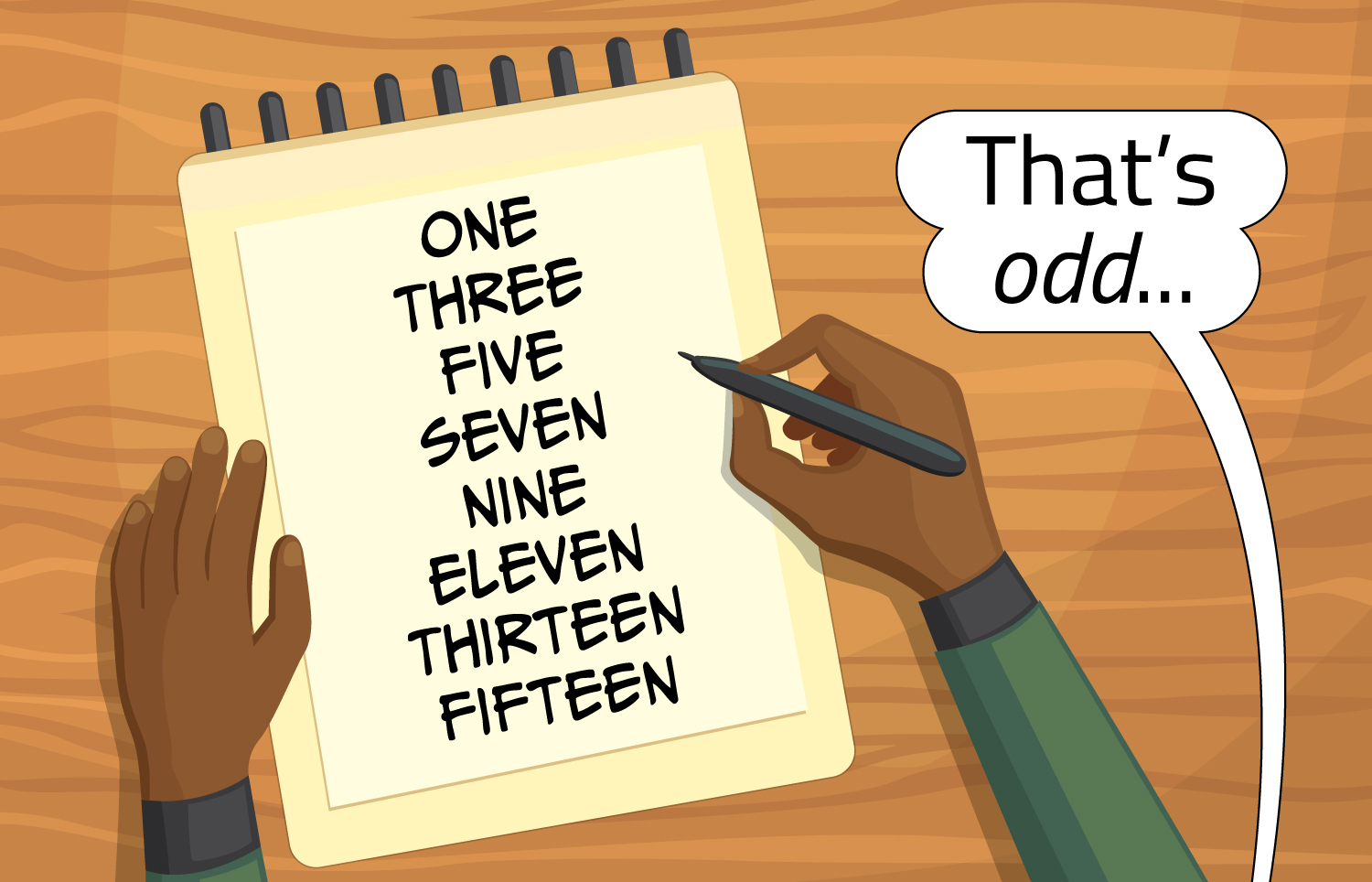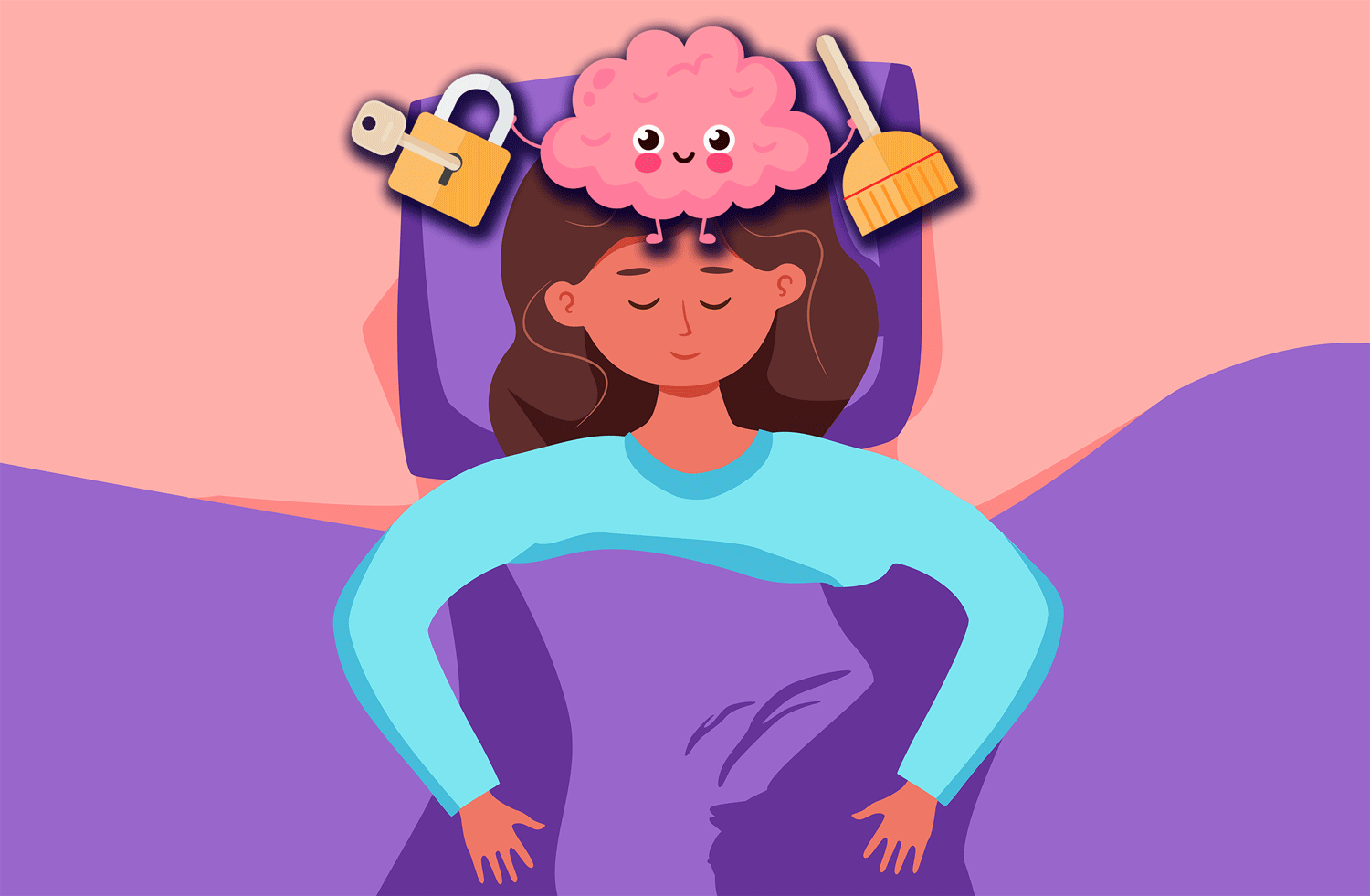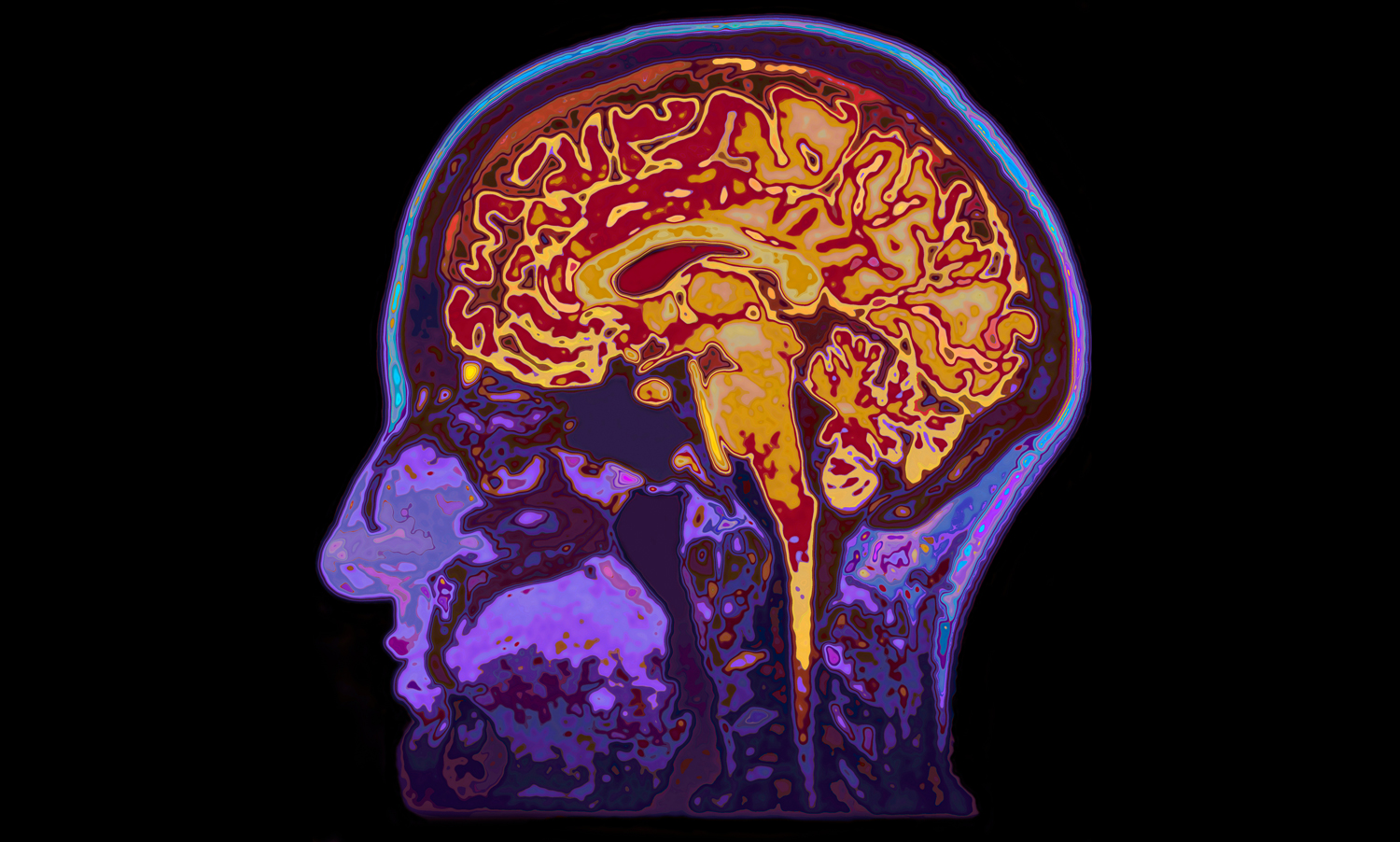Solve…Then Sleep

Bedtime may be the best time to learn and remember math! In a new study, scientists found that people who learned new math problems just before going to sleep remember them better than if they learned them during the day.
For the study, scientists in the United Kingdom asked 77 adults to learn multiplication problems at two different times of the day. They learned some problems during the day and other problems just before bed. About 10 and a half hours after the adults learned the problems, scientists tested them. The adults remembered the bedtime problems better.
The results of the study are similar to other studies that have been done with children. In 2015, scientists had parents of first graders tell their kids bedtime stories with a math theme. The scientists found that those first graders had higher math scores during that school year than first graders who didn’t hear math bedtime stories.
Why does bedtime learning seem to be effective? Scientists aren’t sure. They know that the brain makes certain connections during sleep that help us lock in what we’ve learned. But it’s also possible that when we learn something during the day, it becomes harder to remember as we learn other new things later that day. When we’re asleep, our brains have nothing to lock in except what we just learned before bed.






